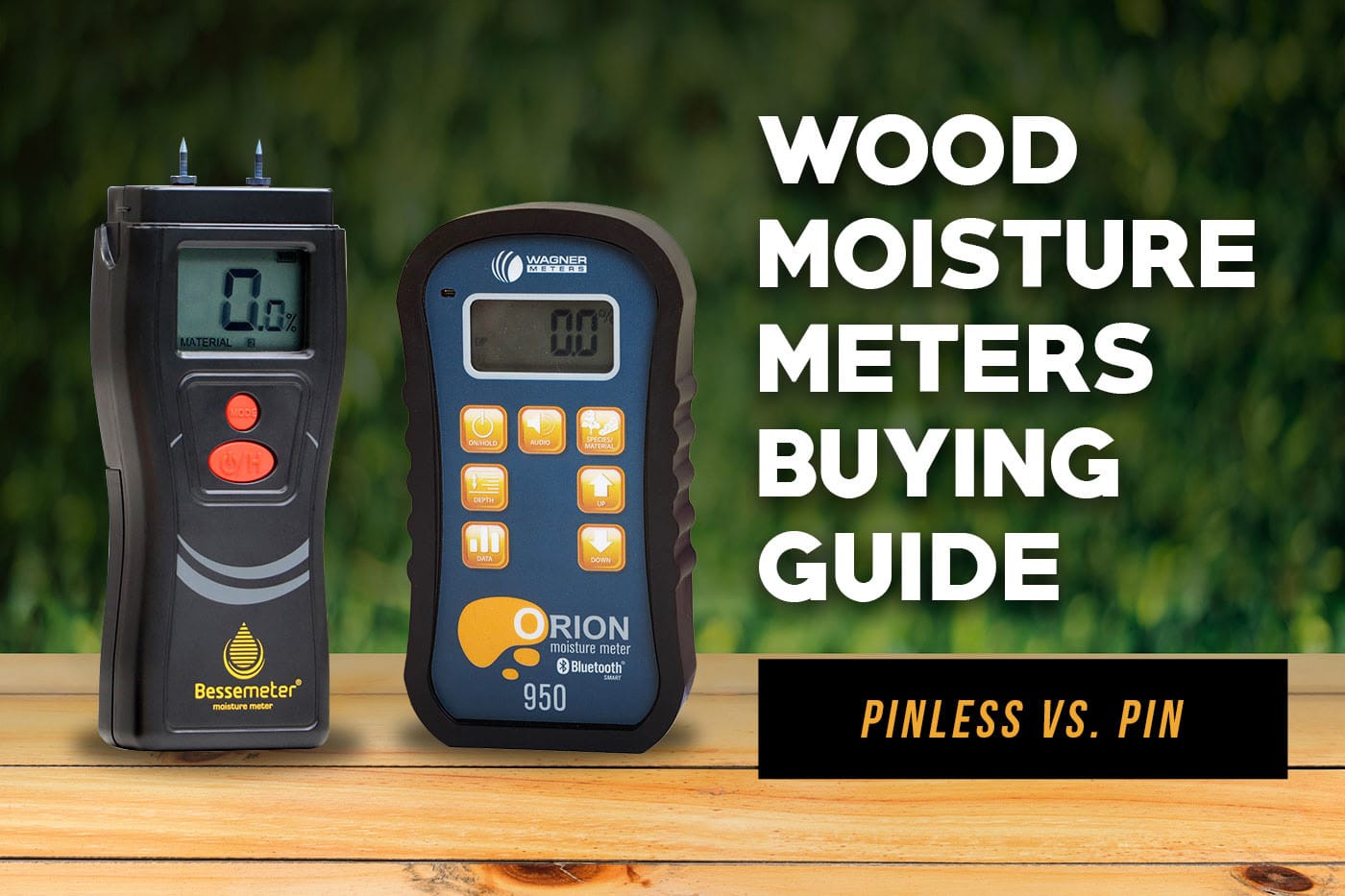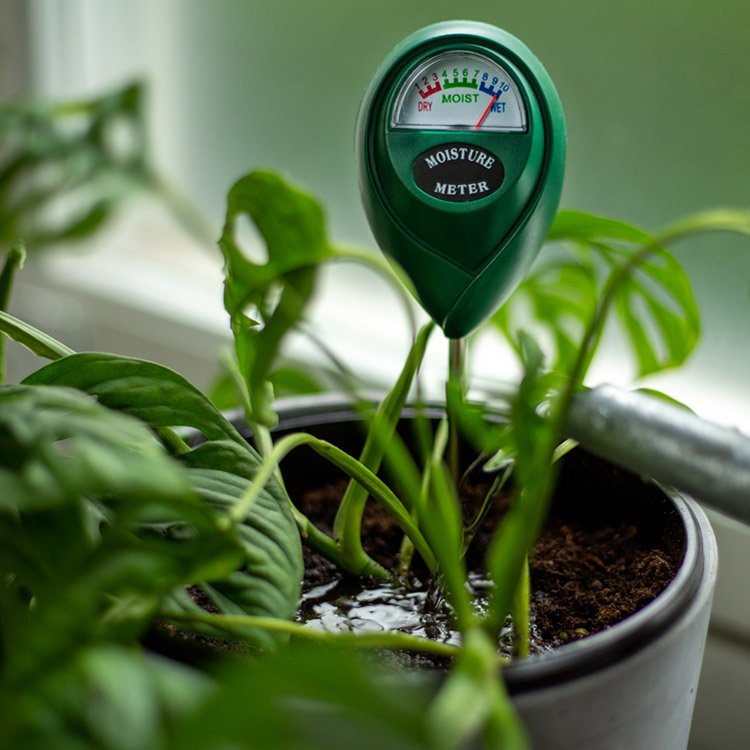Just how to Use a Moisture Meter to Spot Covert Water Damage in Your Residential property
Just how to Use a Moisture Meter to Spot Covert Water Damage in Your Residential property
Blog Article
The Ultimate Overview to Wetness Meters: A Comprehensive Introduction and Exactly How They Can Conserve You Money
Wetness meters offer as vital tools in finding and keeping track of moisture content in products, helping in protecting against expensive damages and making certain the high quality of products. Understanding the nuances of different types of wetness meters, their applications, and the possible cost-saving benefits they supply can be a game-changer for experts and organizations alike.
Sorts Of Dampness Meters
Numerous types of wetness meters are readily available for different applications in different industries. One usual type is the pin-type moisture meter, which measures the electric resistance in between two pins placed into a product. This kind is ideal for timber, drywall, and other building materials. Pinless dampness meters, on the other hand, use electro-magnetic sensor plates to scan a larger location without creating damages to the material's surface. Moisture Meter. These meters are ideal for promptly assessing moisture levels in huge areas such as walls and floors.

In addition, there are additionally specialized wetness meters designed for specific products like dirt, hay, or grain. These meters supply accurate dampness analyses tailored to the one-of-a-kind residential or commercial properties of the product being tested. Infrared wetness meters determine the thermal buildings of a material to determine its dampness material non-invasively, making them useful for applications where pin or pinless meters might not appropriate. Comprehending the different kinds of moisture meters readily available can aid industries choose one of the most suitable device for their particular moisture measurement demands.

Benefits of Making Use Of Wetness Meters
Wetness meters offer vital advantages in properly monitoring and evaluating dampness degrees in diverse products and settings (Moisture Meter). Among the key advantages of using wetness meters is the avoidance of possible damage created by excess wetness. By detecting and dealing with high dampness levels early, moisture meters aid to stop mold and mildew growth, rot, and structural damages in buildings, conserving both money and time on repairs. In addition, moisture meters help in making certain the high quality of materials throughout construction or production procedures. By accurately gauging moisture web content, these devices assist preserve the honesty of wood, drywall, concrete, and various other products, minimizing the risk of defects or failings.
Additionally, making use of dampness meters can lead to raised power effectiveness. In agricultural setups, dampness meters play a critical function in optimizing plant yields by enabling farmers to keep track of soil wetness levels and make notified watering decisions.
Exactly How to Pick the Right Wetness Meter
When selecting a wetness meter, it's crucial to make certain that the meter is suitable for the particular material you will be screening. Various products have varying electric homes that can affect wetness analyses, so description selecting a meter developed for your material is essential for exact outcomes. By carefully evaluating these aspects, you can choose a moisture meter that meets your demands and provides accurate dampness measurements for your projects.
Appropriate Methods for Wetness Meter Usage

Price Savings Via Dampness Meter Applications
How can the strategic utilization of dampness meters lead to substantial price financial savings across different industries? Moisture meters play a critical function in expense savings by avoiding potential damages and making certain top quality control in different industries. In the farming sector, wetness meters aid in determining the optimum time for gathering crops, preventing excess or over-drying moisture that can impact the end here product's quality. This specific monitoring helps farmers stay clear of unneeded losses and maximize their return.
Similarly, in building, moisture meters assist prevent expensive damages by discovering moisture levels in structure materials, such as timber or concrete, which can lead to structural concerns if not resolved quickly. By recognizing problem locations early on, service providers can take corrective procedures to avoid extensive fixings or replacements, eventually conserving money and time.
Additionally, in the food handling sector, moisture meters are crucial for keeping track of item top quality and ensuring compliance with security guidelines. By properly measuring wetness material in food products, producers can stop perishing, maintain freshness, and decrease waste, resulting in substantial price financial savings. Overall, the tactical application of wetness meters is a useful financial investment that can bring about substantial cost reductions and enhanced effectiveness across different markets.
Final Thought
In verdict, dampness meters are useful tools for measuring and detecting wetness levels in numerous materials. By making use of the ideal moisture meter and complying with proper methods, users can properly stop pricey damages caused by excess wetness.
Wetness meters offer as crucial tools in finding and checking moisture material in materials, helping in stopping costly damages and making sure the quality of products. Infrared wetness website link meters measure the thermal properties of a material to identify its wetness web content non-invasively, making them useful for applications where pin or pinless meters may not be ideal.Dampness meters use vital advantages in accurately keeping an eye on and examining moisture levels in diverse products and settings. In agricultural setups, dampness meters play an important role in optimizing plant returns by enabling farmers to monitor dirt dampness degrees and make educated watering choices.In verdict, moisture meters are valuable tools for measuring and identifying moisture levels in different products.
Report this page